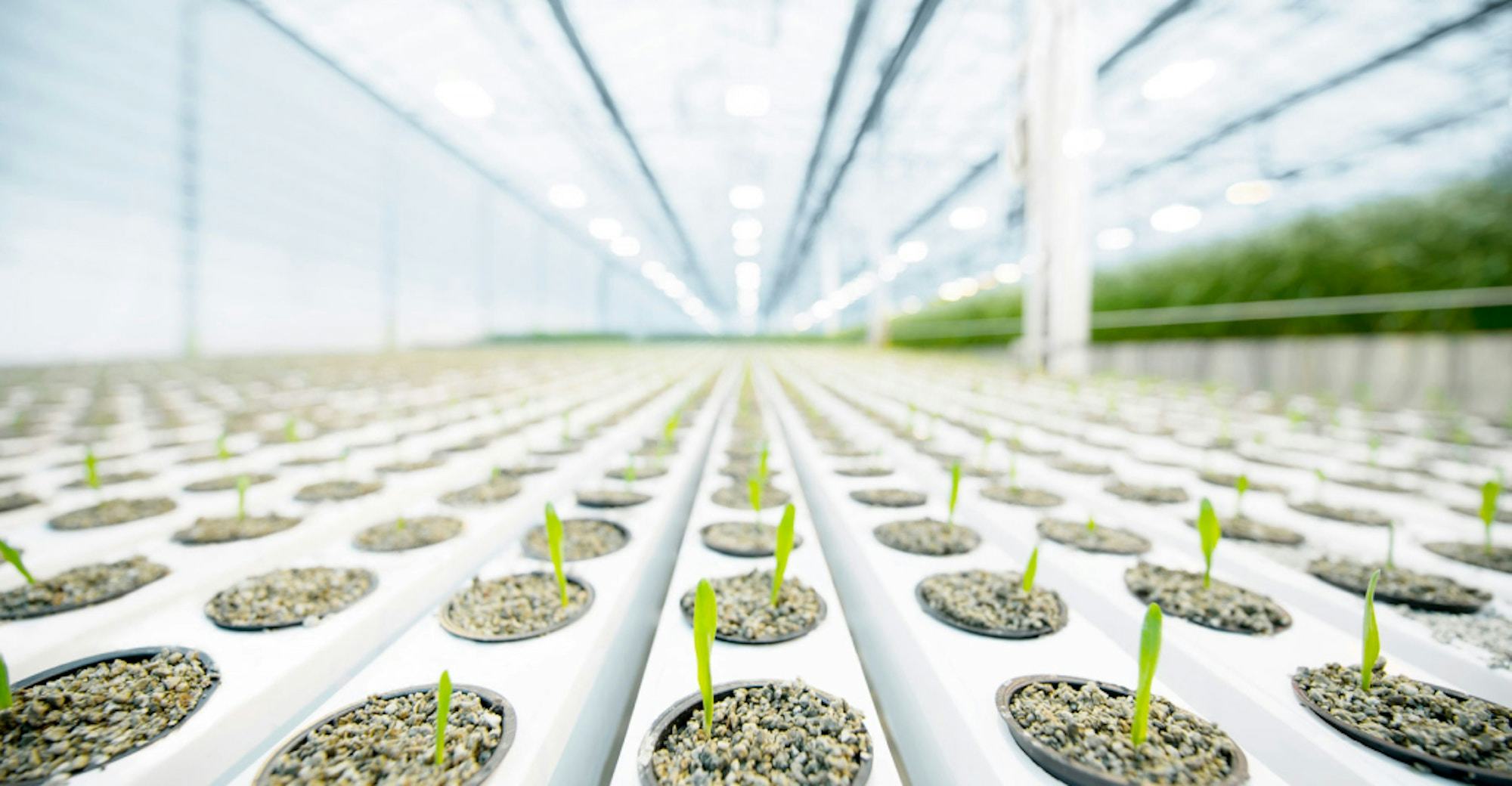Portfolio of animal-like growth factors for the cultivated meat market and other industries
MESOkine are animal-free growth factors produced in barley plants for the development of cultivated meat and related industries.
MESOkine brings together ORF Genetics' over 20 years of experience and expertise in barley biotechnology to produce affordable, scalable, high-quality growth factors. We aim for a paradigm shift in cultivated meat production with our MESOkineproduct line by meeting the industry needs for dramatic cost reduction and access to fast scale-up for growth factors.
The MESOkine portfolio, produced in our endotoxin-free host, recombinant animal-like growth factors from different species, such as bovine, porcine, and avian, of the highest quality.
MESOkine is a defined barley seed extract, containing the purified recombinant growth factor along with selected barley seed proteins. The barley seed proteins serve as stabilizing proteins that can prolong the lifetime of the recombinant protein and may even enhance the bioactivity of growth factors in standardized bioassays.
The bioactivity of MESOkine growth factors is consistently verified in commercially accepted bioassays, performed by independent research organizations. Each batch of MESOkine is confirmed to have comparable bioactivity to a corresponding commercial source of highly purified (>95%) growth factor.
Our Growth Factors
EGF, porcine
Porcine MK0101
See more
FGF basic, bovine
Bovine MK0201
See more
FGF-basic, avian
Avian MK0202
See more
FGF-basic, porcine
Porcine MK0201
See more
IGF-1 LR3, bovine
Bovine MK0301
See more
IGF-1 LR3, porcine
Porcine MK0301
See more
IL-6, bovine
Bovine MK0401
See more
LIF, bovine
Bovine MK0702
See more
PDGF BB, porcine
Porcine MK1001
See more
Transferrin, bovine
Bovine MK1601
See more
VEGF, bovine
Bovine MK0501
See more

Helder Cruz - Team Leader Media Development''Mosa Meat has been working together with ORF Genetics to obtain high performance recombinant growth factors at a lower cost. Only with partnerships aiming at the continuous effort on cost reduction while keeping performance we can make cell cultured meat an affordable reality in the future.''

Ayelet Maor-Shoshani, Ph.D. - Director, cell line and media development"Aleph Farms values the advanced technology and in-depth experience of ORF Genetics in producing recombinant proteins in large scale, for the cultured meat industry. It is a pleasure to work with such an expert team, and we look forward to continuing the exciting journey of developing cultured meat for the mass market"
About the product
If you are interested in receiving a free sample of our growth factor products, please use our request information form.
Yes, our products are sold in larger quantities depending on customers‘ requests. For inquiries concerning larger size / bulk orders, please use our request information form.
Berglind Rán Ólafsdóttir, CEO - ORF Genetics''Our mission is to remove the biggest roadblock cell cultured meat producers are currently facing, to feed the world’s growing demand for cruelty-free, climate-friendly meat, by lowering the cost of growth factors in their production.''

partners
Nice to know
Other useful information relating to our MESOkine growth factors.


The development of this website is part of a project that has received funding from the European Union’s Horizon 2020 research and innovation programme under grant agreement No 101010029


